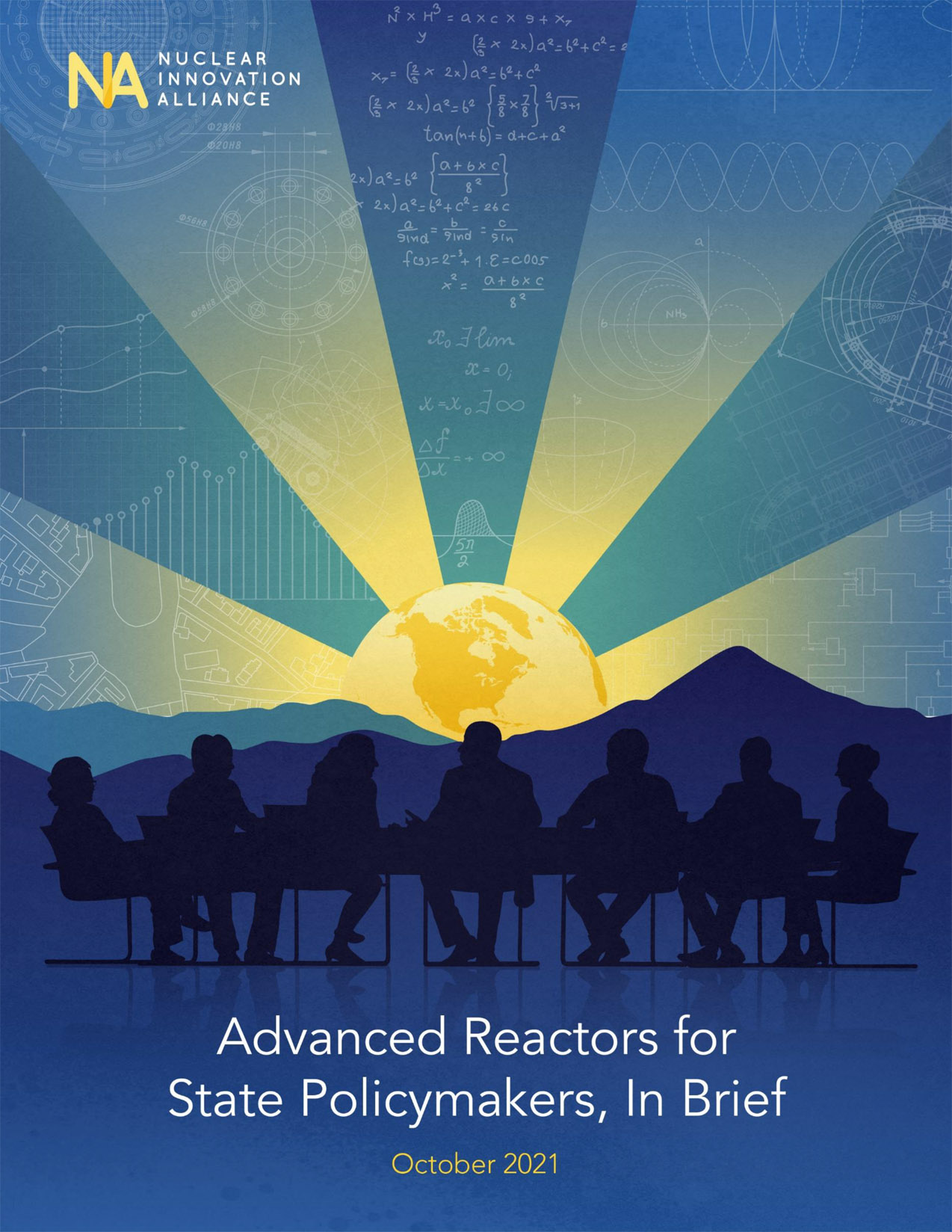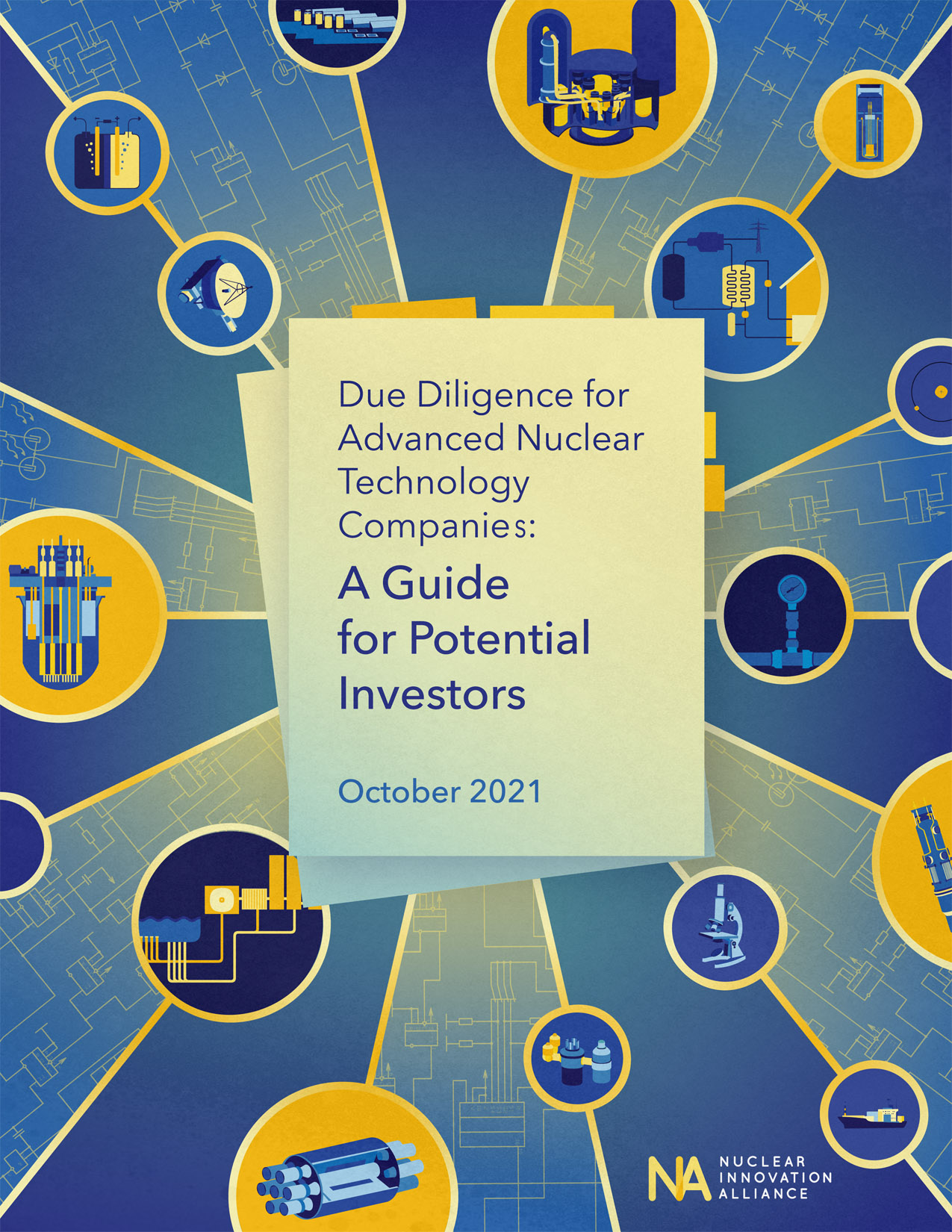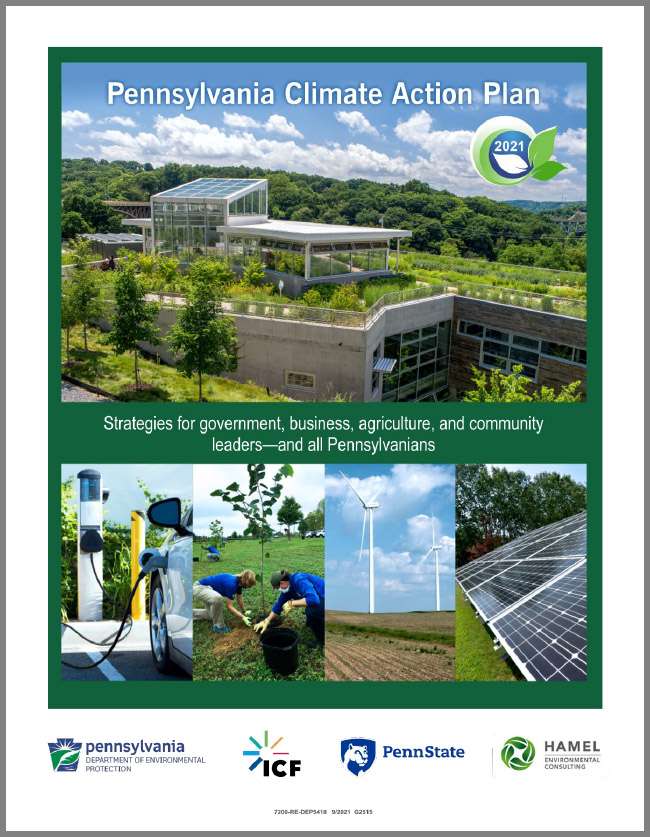(Source: Peter Schrank/The Economist)
“Where nuclear power was once a source of unity for Europe, today it is a source of discord.” So states The Economist’s October 30 “Charlemagne” column—a regular source of commentary on European politics in the weekly publication—before deftly dissecting nuclear power’s continental divide and picking a winner.
eVinci micro reactor core, (Illustration: Westinghouse)
A recently completed feasibility study by Westinghouse Electric Company and Bruce Power concludes that the eVinci microreactor is capable of providing cost-competitive clean energy to decentralized, off-grid markets in Canada.
Inside the New Safe Confinement covering the sarcophagus of Chernobyl’s Unit 4. (Photo: SSE Chornobyl NPP)
A team of scientists from the United Kingdom’s University of Bristol were given access to the Chernobyl nuclear power plant in Ukraine, advancing a project to train robots and artificial intelligence systems to measure radiation and create 3D maps.
A slideshow of the team’s visit to Chernobyl’s Unit 4 control room and New Safe Confinement structure, where they deployed radiation mapping and scanning sensors, including a LIDAR-equipped robot call Rooster, appears on Gizmodo.
This June 2021 photo of ITER vacuum vessel sector #6 includes two panels of thermal shielding ready to slide into place. (Photo: ITER/Courtesy of Chang Hyun Noh)
Following a week of heightened attention to all things hydrogen preceding Hydrogen and Fuel Cell Day (October 8), Bernard Bigot, director general of the ITER Organization, published an op-ed on October 11 in The European Files, a magazine billed as an “effective work tool for European deciders.” Bigot’s article, “Hydrogen fusion: The way to a new energy future,” doubled as a fusion primer, promoting the technology as a future source of clean energy that is fueled by hydrogen and is capable of providing heat and power to produce more hydrogen.
Savannah River Remediation’s Mark Schmitz (left) and Denmark Technical College’s Willie L. Todd Jr. sign a memorandum of understanding to reaffirm the partnership between their respective organizations. (Photo: SRR)
Savannah River Remediation (SRR) and South Carolina’s Denmark Technical College (DTC) have renewed a memorandum of understanding that has a goal of preparing DTC students for work in the industrial and nuclear environment while also providing SRR with a potential pipeline of future employees.
SRR is the Savannah River Site’s liquid waste contractor, consisting of a team of companies led by Amentum, with partners Bechtel National, Jacobs, and BWX Technologies. Subcontractors include Orano, Atkins, and Amentum N&E Technical Services.
DTC is South Carolina’s only technical college that is also a historically black college or university.
(University of Rochester illustration/Michael Osadciw)
The U.K. government has just published Towards Fusion Energy: The UK Government’s Fusion Strategy, which sets out the goal of the United Kingdom's moving from “a fusion science superpower to a fusion industry superpower,” with a prototype fusion power plant being built in the country by 2040.
While a slightly ambitious plan, there are now about 20 startup companies working to achieve a Wright brothers’ moment in fusion sooner than that. This includes Commonwealth Fusion Systems, which is aiming for a working fusion power plant by 2030 and is the subject of Rivka Galchen’s October 4 New Yorker article, “Can Nuclear Fusion Put the Brakes on Climate Change?”
Two battery Megapacks were destroyed in a July fire at Victorian Big Battery. Each battery is about the size of a standard shipping container. (Photo: Country Fire Authority)
Australia’s two large lithium-ion storage batteries are getting attention for all the wrong reasons. Hornsdale Power Reserve, a 150-MW battery collocated with a wind farm in South Australia, is being charged in federal court with failing to deliver on promises to respond to grid demands, and of being technically unable to deliver under the terms it was being paid to meet. Proceedings were filed September 22, just before the testing of a second Tesla-manufactured “Big Battery” resumed after a two-month delay following a fire in July.






 Doubtless with the intention of influencing some of the many nuclear agnostics expected at next week’s COP26 Climate Change Conference in Glasgow, the International Atomic Energy Agency last week released
Doubtless with the intention of influencing some of the many nuclear agnostics expected at next week’s COP26 Climate Change Conference in Glasgow, the International Atomic Energy Agency last week released 








 The 2021
The 2021 